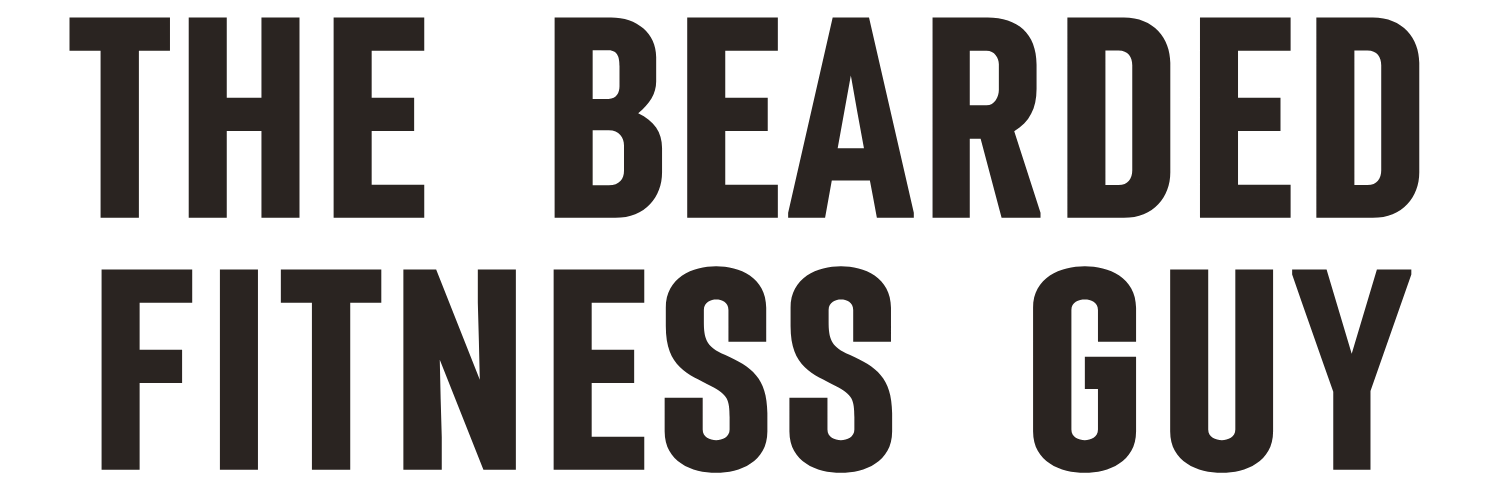Should You Lift Heavy Weights?
Rimon Khan training his client.
A common question trainers often encounter is whether lifting heavy weights is appropriate for everyone. In this article, I’ll demystify what 'heavy' lifting entails—it's less intimidating than it sounds!
Understanding Heavy Lifting
'Heavy' is relative. Various factors influence what constitutes heavy lifting for different individuals, including training goals and personal motivations.
The Benefits of Strength Training
Incorporating strength training into your weekly routine offers numerous benefits. It builds muscle tone, reduces injury risk, and improves overall health. Functional strength is crucial for daily activities; insufficient strength can lead to postural issues, back and knee pain, and significant muscle tone loss, especially as we age.
Individual Variability in Lifting
'Heavy' weights are subjective and depend on individual differences such as strength levels, limb lengths, and training history. A strength session can look very different from one person to another. Additionally, using resistance machines versus free weights can affect how much weight one can lift. Resistance machines provide support and follow a fixed motion path, while free weights require stabilizing muscles, making exercises more compound and involving multiple muscle groups.
Determining How Much to Lift
Deciding how much weight to lift is highly individual. Factors include training age, injury history, exercise type, equipment used, and technique. A useful method is working with a percentage of your one-rep max (1RM). For muscular strength, aim for 6-8 reps at 60-80% of your 1RM. For endurance, go for 12-15 reps at around 50% of your 1RM. For speed and power, 3-4 reps at 90% of your 1RM is ideal.
Benefits of Heavy Lifting
The advantages of lifting heavy weights are extensive, both physiological and psychological. Initially, many people aim to lose fat or gain muscle. Over time, these goals often evolve into performance targets, such as lifting specific weights, which can enhance motivation and adherence to a healthy lifestyle.
Strength training, whether with machines, free weights, or other equipment, contributes to a stronger, healthier body by increasing muscle tone, boosting metabolism, and improving posture. This can prevent injuries and chronic pains, promoting better quality of life as we age.
Will Heavy Lifting Make me look ripped?
The simple answer is no. Just because you start to lift weights doesn’t mean you will accidentally become Mr or Ms Olympia. The same as if you learn to drive and accidentally become an F1 driver. It’s not going to happen. Unless that is your goal and then you will need specialist coaching.
It is true that strength training can elicit muscle hypertrophy leading to size increase, however in the first few weeks of strength training it is the nervous system that mainly sees an improvement. An increase in the nervous system response results in more motor unit recruitment and makes you stronger because the brain tells the muscle to recruit more neurons.
Women also won’t ‘bulk up’ like men as they have different hormone profiles. Men have more testosterone which promotes muscle growth. For women, both fortunately and unfortunately, their hormone profile allows them to tone without getting bulky, but also deters them from losing all the fat they may desire as easily as men. A clean diet will promote this wanted reduction in body fat %.
Examples of Heavy Lifting Exercises
Common heavy lifting exercises include barbell squats, deadlifts, bench presses, and pull-ups. These are advanced exercises, but not advanced movements. Begin with bodyweight, resistance bands, or lighter weights to learn the correct technique before progressively increasing the load.
Getting Started
Back squats: Start with box or goblet squats.
Deadlifts: Begin with hip thrusts or Romanian deadlifts.
Bench press: Start with dumbbell floor press.
Pull-ups: Use a lat pulldown machine or resistance band-assisted pull-ups.
Interested in learning more about lifting and strength training? Contact us for more information!

